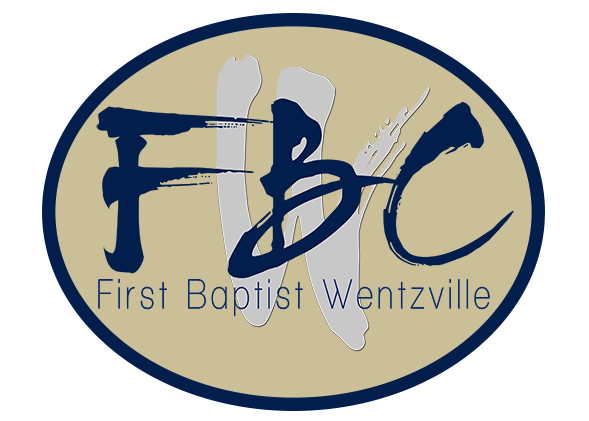
Spiritual Homeschooling
The past seven plus months has taught us that we can continue even in difficult conditions. Mid-March was the beginning of several unknowns. A microscopic virus had most offices and schools shut down in America. It was during this time that we had to adjust to our new routines. My son had to stay home from college. My daughter was told they would be canceling her classes in high school, prom, or ACT testing. Then I was added to the mix. My wife, Belinda, was caught making schedules on who was needing the computer and which room had to be avoided. Church went from being live and in person to learning on Friday that my week to preach would be the first week of online only services. We have come a long way in getting settled into our new norm. Then we started phase one of coming back. New questions, new answers, get settled in. Now as I write this, we are looking at phase two. New questions, new answers and getting settled.
Questions are the key to learning and adapting. No one starts knowing all the answers. Better yet, no one has all the answers. We are all in this together, and we need to ask questions and keep asking. You might be asking, who is it we should ask? We begin with those we respect and believe have the answers. We often ask our parents, experts in the field, and then consult books or articles.
Questions always come with anything new. Sometimes you end up with so many questions just because it looks new. My daughter got caught in what I called the cycle of math. We helped her in getting ready for kindergarten. Then she learned to count and do simple math her first year. Then about half-way through elementary school, she started Singapore math, the next year they changed to common core math, and then “new” math. In this math class, the teacher said, “Parents don’t even try learning it.” By this time, we had her transferred to a private school where they taught old math, but at least I could help again. Math did not change—2+2=4 was true in every class.
We know that the Bible is the same yesterday and today. The difference is we are living out today’s story now and not with King David. We still need to learn all the same verses our parents knew. We still need to have the same Bible skills as our parents. The question for you is how do you teach yesterday's lessons today? In several of Leonard Sweet’s publications, he states that never before in history has a child had the information of top generals. The computer has changed all of our lives, no question. However, the interconnection of the computers through the internet has been the greatest advancement of information to all. This comes with a big price. The biggest I see is the second observation Mr. Sweet gives: never before has a person had so much information and never before has the child not been able to process the information he possesses.
In my Master’s program, we were to get articles from the library and present them to the class. (Internet was a relatively new item). I remember going and reading article after article from people who had Ph.D’s writing for others with Ph.D’s in a field I was not a part. I was often lost in some of the jargon. I had a choice, own it or fake it. Most of the time I just went to another publication. In today’s world we must help our kids know what to do with the vast knowledge that is before them. This means we have to be aware of the information they are receiving and how they are using it. A biblical world view will not happen on its own. It must have open dialogue. It must be full of questions, and you will need to help your child find the correct answers. They will learn from you.
How do you know when a child is close to becoming a Christian? They start asking questions. What must I do to be saved, baptized or take the Lord’s Supper? Baptism and the Lord’s Supper are special passage moments that Jesus told the Christian to follow. I would explain what we are seeing and doing. Making sure that at lunch we cover why you have not done it yet and what the requirements are for doing these ordinances with the church. When talking with the kids about salvation, I use open-ended questions that force them to tell me the information. If I have to use a yes/no question, I follow up with why? This can be said of all questions. Open the conversation by asking who, what, when, where, and why questions. One of the best non-questions is tell me about your day at school. Our kids still start at the beginning and go through their day at supper.
Open your mind to teachable moments. Deuteronomy 6 says that at every part of your life you are to teach your child about God. A note of warning—if your child knows there is something that comes before God, that item, project, or event has become your god. Do not let this happen. There are no step-by-step rules for spiritually homeschooling your kids. There are great directions and great guidelines. It is rarely easy to stay on the path, but if you get off, Jesus is there to get you back on. Just keep asking yourself questions. Never just settle for what you have. Strive for what could be.
In all your ways acknowledge Him and He will make your paths straight. Proverbs 3:6

